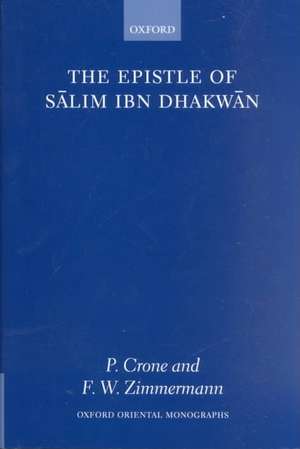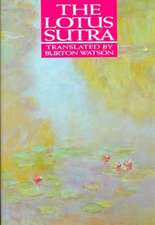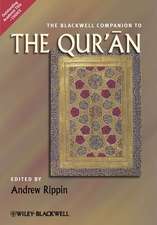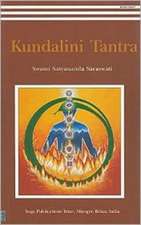The Epistle of Salim Ibn Dhakwan: Oxford Oriental Monographs
Autor Salim Ibn Dhakwan Patricia Crone, Friedrich Zimmermannen Limba Engleză Hardback – 15 mar 2001
Din seria Oxford Oriental Monographs
- 12%
 Preț: 628.56 lei
Preț: 628.56 lei - 25%
 Preț: 629.79 lei
Preț: 629.79 lei - 20%
 Preț: 522.38 lei
Preț: 522.38 lei - 34%
 Preț: 1417.27 lei
Preț: 1417.27 lei - 34%
 Preț: 1110.63 lei
Preț: 1110.63 lei - 34%
 Preț: 1256.35 lei
Preț: 1256.35 lei - 34%
 Preț: 1332.37 lei
Preț: 1332.37 lei - 34%
 Preț: 1182.92 lei
Preț: 1182.92 lei - 30%
 Preț: 795.02 lei
Preț: 795.02 lei - 34%
 Preț: 1004.91 lei
Preț: 1004.91 lei - 34%
 Preț: 828.96 lei
Preț: 828.96 lei - 30%
 Preț: 586.75 lei
Preț: 586.75 lei - 12%
 Preț: 305.34 lei
Preț: 305.34 lei - 31%
 Preț: 801.87 lei
Preț: 801.87 lei - 26%
 Preț: 614.17 lei
Preț: 614.17 lei - 26%
 Preț: 516.75 lei
Preț: 516.75 lei - 30%
 Preț: 640.01 lei
Preț: 640.01 lei
Preț: 1596.01 lei
Preț vechi: 2429.29 lei
-34% Nou
Puncte Express: 2394
Preț estimativ în valută:
305.39€ • 318.85$ • 252.75£
305.39€ • 318.85$ • 252.75£
Carte tipărită la comandă
Livrare economică 24-31 martie
Preluare comenzi: 021 569.72.76
Specificații
ISBN-13: 9780198152651
ISBN-10: 0198152655
Pagini: 422
Dimensiuni: 164 x 242 x 27 mm
Greutate: 0.74 kg
Editura: OUP OXFORD
Colecția OUP Oxford
Seria Oxford Oriental Monographs
Locul publicării:Oxford, United Kingdom
ISBN-10: 0198152655
Pagini: 422
Dimensiuni: 164 x 242 x 27 mm
Greutate: 0.74 kg
Editura: OUP OXFORD
Colecția OUP Oxford
Seria Oxford Oriental Monographs
Locul publicării:Oxford, United Kingdom
Recenzii
This is the first full edition and translation of a work that has caused debate and disagreement ever since its existence was known to scholarship. It provides what must at present be regarded as a definitive text and authoritative English translation.
This is a model for textual work, both in its attention to the specifics of the edition, and in its presentation of the wider historical and intellectual context from which the letter emerged.
We must thank Crone and Zimmermann for the annotated bibliography of Ibadi sources they provide at the end. It seems doubtful whether anything useful will be done in early Ibadi studies except on its basis.
A meticulous critical edition of the full text ... a careful, copiously annotated English translation; and a wide-ranging study of the text and its historical background and implications ... the authors are to be commended for having made this important early Islamic text available in an exemplary critical edition and translation, and for having laid the foundation for a fruitful discussion of its contents.
This is a model for textual work, both in its attention to the specifics of the edition, and in its presentation of the wider historical and intellectual context from which the letter emerged.
We must thank Crone and Zimmermann for the annotated bibliography of Ibadi sources they provide at the end. It seems doubtful whether anything useful will be done in early Ibadi studies except on its basis.
A meticulous critical edition of the full text ... a careful, copiously annotated English translation; and a wide-ranging study of the text and its historical background and implications ... the authors are to be commended for having made this important early Islamic text available in an exemplary critical edition and translation, and for having laid the foundation for a fruitful discussion of its contents.














